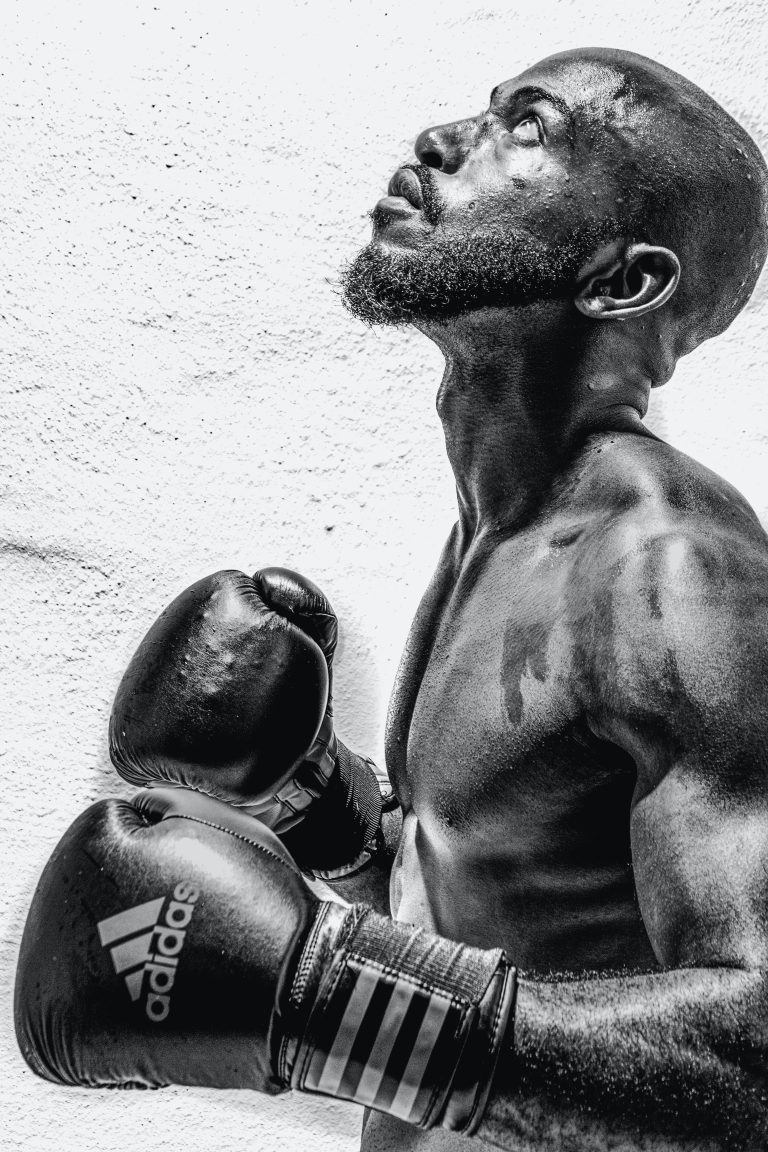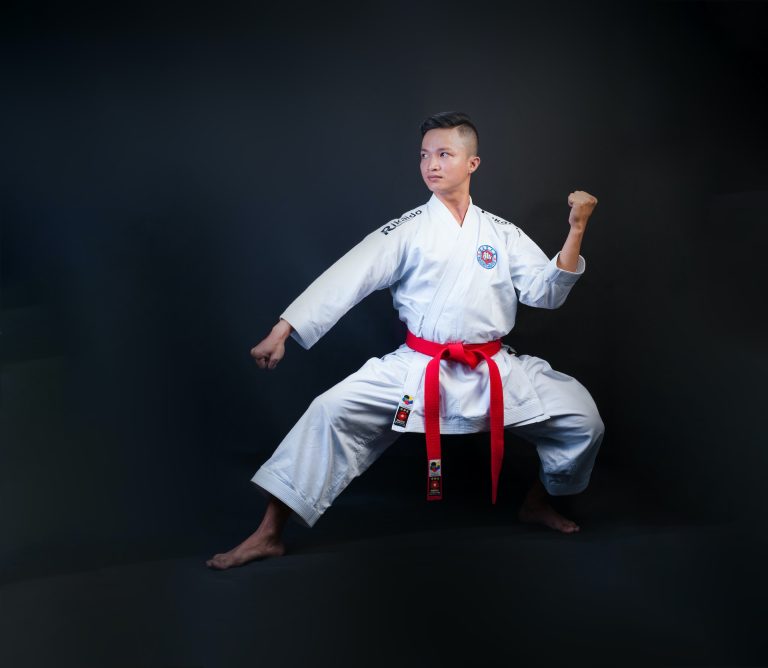How to Prepare for a Karate Exam
Karate is a popular martial art that requires both physical and mental strength. If you’re preparing for a karate exam, it’s important to start your training early and focus on improving your skills in every way possible. In this blog post, we’ll discuss some tips for how to prepare for a karate exam.
1. Set clear goals
The first step to preparing for a successful karate exam is to set clear goals. Decide what rank or level you want to achieve, and determine what skills you need to master in order to reach that goal. Write down your goals and break them down into smaller, more manageable steps that you can work on every day.
2. Train regularly and consistently
Training regularly and consistently is key to improving your karate skills. Find a good instructor or dojo and attend classes as often as possible. Train at home, too, and practice the techniques and forms you learn in class. Consistency is key, so try to maintain a regular schedule of training to improve your skills steadily.
3. Focus on proper technique
Proper technique is essential in karate. Make sure you understand the proper form and execution for each technique you are learning. Ask your instructor for feedback and corrections on your form, and practice until you can execute each movement flawlessly. Remember that speed and power come from proper technique and form, so don’t sacrifice technique for speed or power.
4. Improve your physical fitness
Karate requires a lot of physical stamina, strength, and flexibility. Focus on improving your physical fitness by incorporating cardio, strength training, and flexibility exercises into your training regimen. Work on your endurance and stamina by doing cardio exercises like running or swimming. Improve your strength by doing bodyweight exercises like push-ups and squats, and develop your flexibility with yoga or stretching exercises.
5. Mental preparation
Mental preparation is just as important as physical preparation when it comes to karate exams. Focus on developing mental toughness and discipline through meditation, visualization, and positive self-talk. Visualize yourself performing the techniques and movements flawlessly, and use positive affirmations to build your confidence and motivation.
6. Master your kata and kumite techniques
Kata and kumite are the two core components of karate exams. Make sure you master these techniques by practicing them regularly and paying close attention to detail. Record yourself practicing and review the footage to identify areas where you can improve your technique.
Conclusion
Preparing for a karate exam is a challenging but rewarding experience. By setting clear goals, training regularly and consistently, focusing on proper technique, improving your physical fitness, mental preparation, and mastering your kata and kumite techniques, you can give yourself the best chance of success. Remember to stay motivated, disciplined, and focused, and you’ll be able to achieve your karate goals.
How to Prepare for a Karate Exam: FAQs
Karate is a martial art form that requires discipline, focus, and dedication to master. As a practitioner, you may find yourself preparing for a karate exam. These exams test your abilities and knowledge of the martial art form. Preparing for a karate exam can be challenging, but with the right tools and guidance, you can succeed. In this article, we will answer some of the most frequently asked questions about how to prepare for a karate exam.
1. What are the requirements for a karate exam?
The requirements for a karate exam can vary depending on the style and level of the exam. However, in general, most exams will test your knowledge of katas (forms), kumite (sparring), and basic techniques. Your instructors will provide you with a list of requirements and specific instructions. Make sure that you understand and practice all the techniques and katas required for your exam.
2. How do I prepare for a karate exam?
The key to preparing for a karate exam is practice. You will need to practice regularly to improve your techniques and develop muscle memory. Make sure to attend all classes, listen to your instructors, and take notes. Practice each technique and kata repeatedly until you can perform them with confidence and precision. You may also want to practice with a partner to improve your sparring skills.
3. What should I wear for a karate exam?
You should wear your karate uniform (gi) for your exam. Make sure that your uniform is clean, has no tears or rips, and fits comfortably. Your belt should be tied properly, and your hair should be neatly tied back. Remember that your appearance is a reflection of your discipline and respect for the martial art form.
4. How do I stay focused during the exam?
Staying focused during your karate exam is essential for success. Take deep breaths, relax, and maintain eye contact with your examiner. Visualize yourself performing each technique and kata with precision and confidence. Don’t rush through techniques or katas, take your time, and stay focused on each movement.
5. What should I do if I make a mistake during the exam?
Mistakes are a part of the learning process and can happen during an exam. If you make a mistake, remain calm, and refocus. Take a deep breath, visualize the correct movement, and continue with the exam. Your examiner will be looking for your ability to recover from mistakes and maintain control.
6. How can I improve my sparring skills?
Sparring is an essential part of karate exams. To improve your sparring skills, practice with a partner or participate in sparring classes. Focus on sparring techniques such as footwork, timing, and distance control. Remember to stay calm, be aware of your surroundings, and stay focused on your opponent’s movements.
7. How do I know when I am ready for a karate exam?
Your instructors will be the best judges of when you are ready for a karate exam. They will provide you with feedback and guidance to help you prepare. Make sure to attend all classes, practice regularly, and ask your instructors for feedback on your techniques and katas. When your instructors feel that you have met all the requirements for the exam, they will recommend you to the examiner.
Conclusion
Preparing for a karate exam can be a challenging but rewarding experience. Remember to practice regularly, stay focused, and maintain discipline. Listen to your instructors and ask for help when needed. With dedication and perseverance, you can succeed in your exam and earn your rank in karate.
Inhaltsverzeichnis






